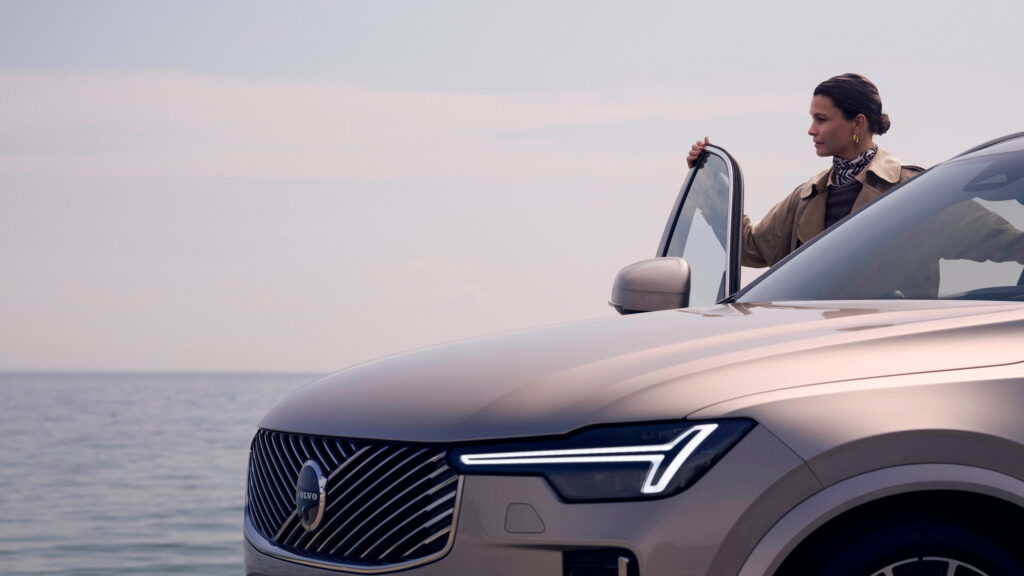Case Against Volvo Over Injuries From Automatic Tailgate
Safety Reputation at Risk
Volvo has long built its reputation on safety, yet a recent lawsuit shows that even the most cautious automakers can find themselves in difficult situations. A woman from New Jersey is accusing the Swedish brand of negligence, claiming that a tailgate sensor failure led to serious head injuries caused merely by a dog running past.
Incident Circumstances
The incident occurred during a hike in October 2023, although the lawsuit was only filed in October 2025 in the Superior Court of Ocean County, New Jersey. According to the lawsuit, Megan Kor was standing behind an unspecified Volvo model when a dog ran under the car.
Sensor Triggered by Animal
The dog likely activated the motion sensor located under the bumper, causing the power-operated tailgate to hit Kor in the head. The document states that the incident caused “severe, serious, and permanent injuries.”
Kor’s lawyers claim that Volvo’s hands-free system lacked proper safeguards to prevent accidental activation and did not include an adequate anti-pinch safety feature, which is a standard function for modern power-operated systems.

Co-Defendants in the Case
According to the lawsuit, Kor “experienced severe pain and suffering,” which made her “unable to work and deprived her of the ability to attend to her affairs.” She is seeking compensation for medical expenses, lost income, and long-term suffering. In addition to Volvo Car USA, Kor has also named her hiking companion and the dog’s owner, Jennifer Henry, as well as the car’s driver, who turned out to be a Volvo employee and brand ambassador, in the lawsuit. The company has so far declined to comment.
Useful Feature or Potential Threat
Hands-free tailgates were introduced as a practical feature, allowing owners to open or close the rear doors simply by placing a foot under the bumper – ideal when carrying groceries or luggage. This system is available in several Volvo models, including the XC60, XC90, EX90, and V90 Cross Country, which are currently offered on the American market.
Interestingly, Volvo recently announced a recall of the EX90 due to faulty tailgate components from a supplier that could lead to sudden failure. The recall affects 1,119 units of the electric SUV manufactured between April 2024 and February 2025, which is unrelated to Kor’s case.

Ultimately, the court will decide whether a faulty sensor, human error, or simply an unfortunate coincidence was to blame for the incident that turned an allegedly useful feature into another safety statistic.
This case could have significant implications for automakers implementing complex electronic systems in their vehicles. On one hand, technologies are meant to improve comfort and safety, but on the other – they require thorough testing for various usage scenarios, including unforeseen situations with animals or children. For Volvo, which traditionally positions itself as a leader in safety, this case could become an important lesson in improving systems for future generations of cars.


 by
by 
